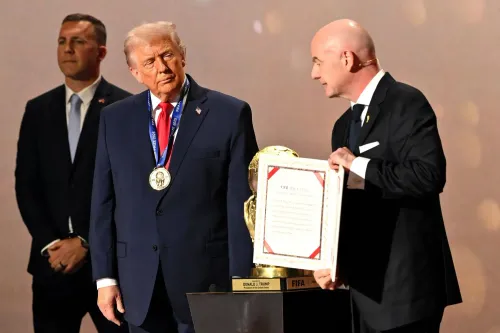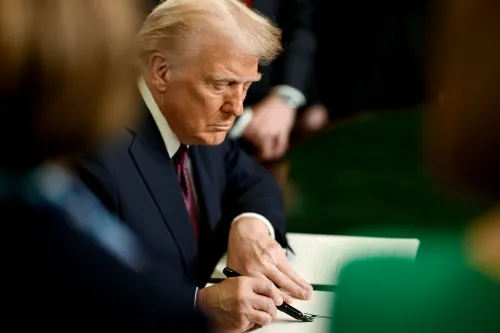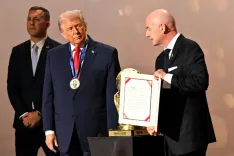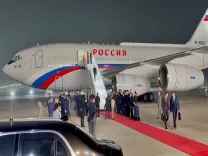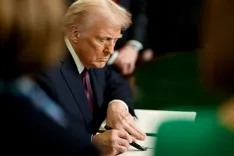Has the US Raised Concerns Over South Korea's Beef Import Restrictions?
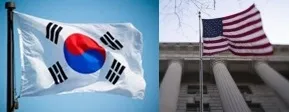
Synopsis
Key Takeaways
- U.S. concerns about South Korea's beef import restrictions and LMOs.
- High-precision map data transfer issues impacting tech companies like Google.
- Trade negotiations aim to address non-tariff barriers.
- South Korea seeks reduction in reciprocal tariffs.
- Decision on map data transfer expected by August.
Seoul, June 1 (NationPress) The United States has urged the resolution of South Korea's restrictions on beef imports, living modified organisms (LMOs), and the overseas transfer of high-precision map data, along with other non-tariff measures during recent trade discussions, as reported by government sources on Sunday.
These three key items were highlighted in the second round of technical talks on various trade topics, including trade imbalances and non-tariff barriers, between the two nations in Washington last month, according to sources familiar with the discussions, as stated by the Yonhap news agency.
All items are included in the 2025 National Trade Estimate (NTE) Report on Foreign Trade Barriers, released by the U.S. Trade Representative's office prior to the announcement of country-specific reciprocal tariffs by the Trump administration in early April.
The NTE report indicated that South Korea maintains an import ban on American beef from cattle older than 30 months, asserting that such a 'transitional measure' has persisted for 16 years after the bilateral free trade agreement was signed in 2008.
Furthermore, the report noted that South Korea's regulatory framework for agricultural biotechnology, including the LMO act, poses challenges for U.S. agricultural exports, while the restrictions on exporting location-based data have created a competitive disadvantage for international suppliers.
Google has continuously pressed the South Korean government to permit the transfer of the country's high-precision map data abroad, but the government has repeatedly rejected the request, citing concerns about national security and digital sovereignty. A decision regarding this transfer is expected by August.
Seoul and Washington are striving to finalize a comprehensive trade deal addressing tariffs, non-tariff barriers, and economic cooperation by July 8, when the 90-day pause on the Trump administration's reciprocal tariffs will conclude.
South Korea is actively seeking either a complete exemption from or a reduction of the Trump administration's 25% reciprocal tariffs, along with sectoral tariffs on imports like steel and automobiles.


